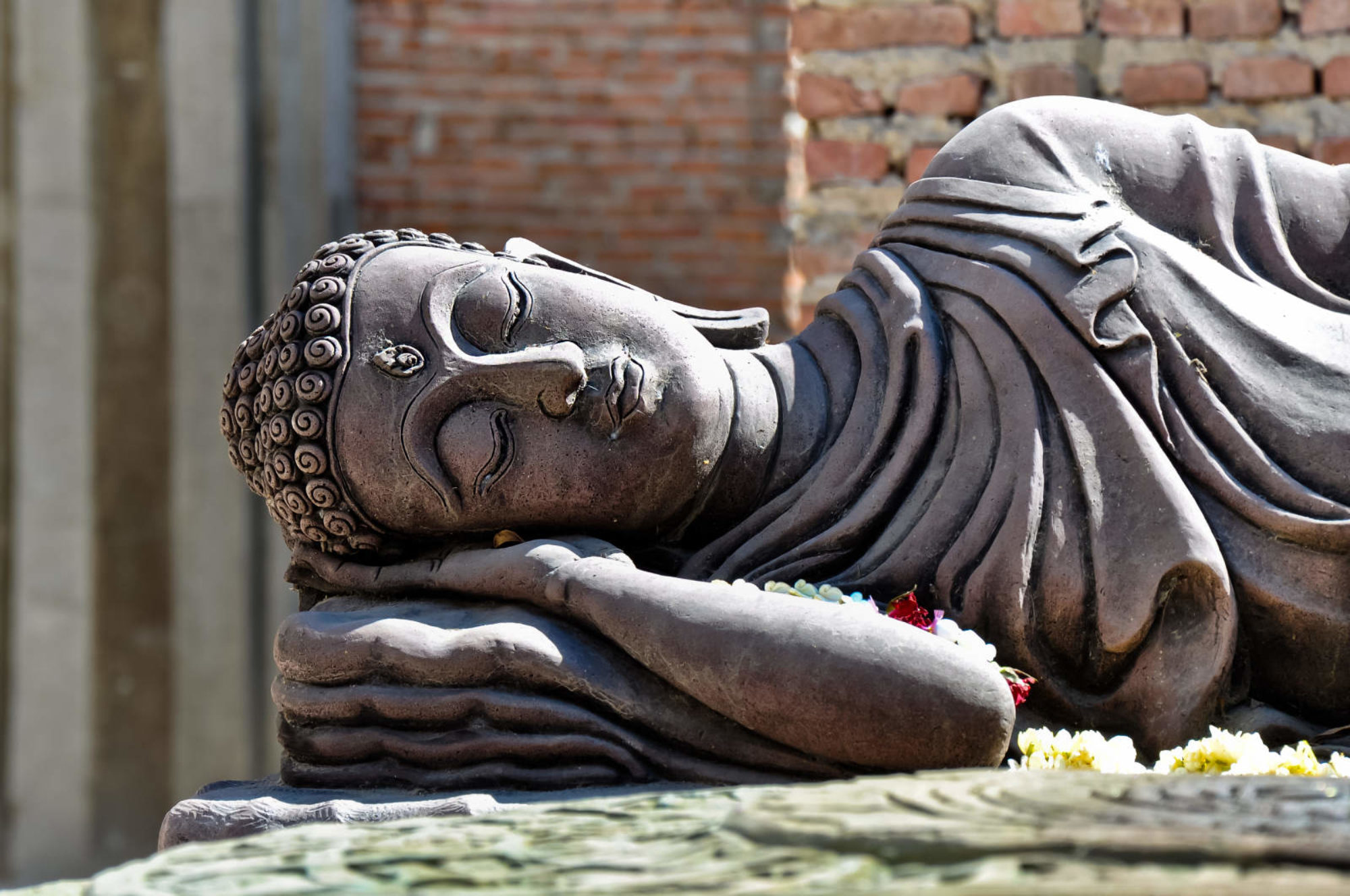Prior to becoming a Jungian Analyst, I worked for 20 years in the film and television industry on over 200 episodes and hundreds of hours of media. I have experienced the frustration and pain of having creative ideas remain unmade. It can feel like a stillbirth, like you’ve abandoned your child.
And I have felt the deep satisfaction of bringing a creative idea out of the ether and manifesting it in the world. Again and again.
For a creative person, completing the creative cycle is healing.
Creative Hurdles

I have worked with clients who experience challenges to becoming the artists they want to be. Or perhaps they want to bring more vivacity and authenticity to their lives. To live more creatively.
What I have found is that blocks to creativity often appear in their dreams. Sometimes, we see parental attitudes to creative work showing up inside as barriers to self-expression. There can be perfectionism. Perhaps a tendency to toggle between feelings of inferiority and grandiosity. Sometimes addictions and compulsive behaviours show up too. There can also be vexing physical symptoms.
These can seem like the cause of the creative problem, or the thing that most needs to be handled before addressing frustrated creativity.
But sometimes, these things provide a useful distraction. They give a place to hide from the scarier challenge of tackling one’s creative ideas and working towards living a more meaningful, inner-directed life-path.
Moving from awareness to action
Now, it’s one thing to have an awareness of the blocks to expressing one’s creative voice. It’s quite another to resolve those blocks and open the channel.
The good news is, dreams – the spontaneous creations of the unconscious – can provide strength and direction when the ego runs out of ideas. As in fairy tales, when the hero is hopelessly lost in the forest, the wise old man or woman or the helpful animal appears to lead the way out of the darkness. With help, the hero can pursue their destiny.
Examples

What kind of dream images might hold the key to resolve blocked creativity? There may be male robbers or killers who pursue the dreamer. Sometimes a parent appears in a distracting way, and must be ignored to complete an important task. Or something needs to be cooked and there isn’t enough heat from the stove. A creative person the dreamer admires may ignore or condemn them. Or law enforcement officers insist that all of the rules be strictly followed. Perhaps the dreamer or someone else is flying and can’t or won’t land. Or the dreamer loses track of a baby they are meant to care for.
A clue in the setting of the dream
An important but easily overlooked clue to solving your creative blocks may lie in the setting of the dream. Like the house you lived in until you were 10. Or your elementary school. The setting can point to when in your life that creative block was formed. By remembering what happened at that time in your life, you may have an a-ha moment about when your creative expression became impaired.
These and many other images can appear in a dream addressing creative challenges. To resolve creative blocks, the dreamer can work with a Jungian Analyst, a psychotherapist trained in working with dreams. They can consider the dream as a whole. The analyst will ask about personal associations to the dream setting and other characters. In this way, specific clues emerge about how to transform creative blocks.
Next steps

If these ideas resonate for you, consider booking an appointment with me in person or online.
Around the time you do, either just before or after we meet or you read this, you may find you have a dream which suggests that your unconscious wants to help. Write down that dream, and what happened the day you had it. That context is important.
Careful attention to the images in your dreams can light the path to expressing the voice that is uniquely yours.













 It came here to have deep experiences, even pain and grief, so that it could develop wisdom. Inside each of us is a deep desire to find a meaningful, inner directed, chosen life-path.
It came here to have deep experiences, even pain and grief, so that it could develop wisdom. Inside each of us is a deep desire to find a meaningful, inner directed, chosen life-path.



 Lord of the Rings movies where Frodo is wrapped up in a giant spider web by a huge and terrible spider. It LOOKED like a cocoon, but really, it was how the giant spider captured its prey. And once the prey was imprisoned in it, she would suck the juices out of them until they died, just a dry husk remaining.
Lord of the Rings movies where Frodo is wrapped up in a giant spider web by a huge and terrible spider. It LOOKED like a cocoon, but really, it was how the giant spider captured its prey. And once the prey was imprisoned in it, she would suck the juices out of them until they died, just a dry husk remaining.
